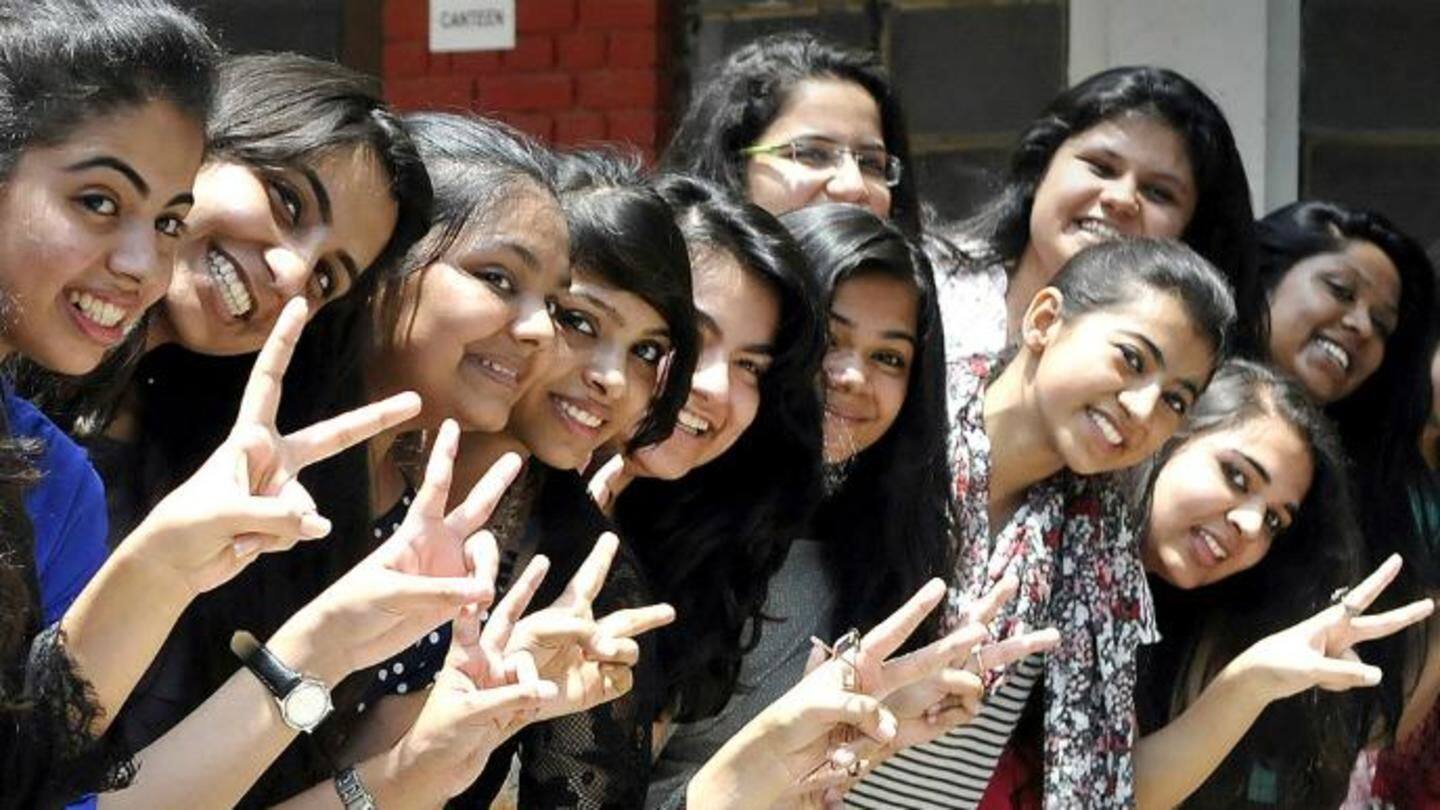
DU cutoffs might drop as CBSE, 23 states shelve moderation
What's the story
The ridiculously high cutoffs that Delhi University is known for, sometimes touching as much as 100%, is likely to see a dip this year. The CBSE as well as 23 state and UT education boards have decided to do away with moderation in Class 12 exams, a practice by which students' marks were escalated. However, vague rules regarding moderation often resulted in unfair marking.
About
What is the moderation policy?
Under the grace marks/moderation policy, boards grant extra marks to students who were unable to accurately answer selected difficult questions, or those who couldn't secure pass marks. NDTV reports this resulted in inflation of students who scored above 95% during 2008-14. This also allowed the CBSE to maintain a consistent pass percentage: 82% in 2015, 83.05% in 2016 and 82.02% in 2017.
2017
Delhi HC had asked CBSE to postpone no-moderation decision
After widespread complaints, CBSE had agreed to shelve the policy last year itself. 32 other boards had also reached consensus. But parents then approached the Delhi HC arguing that the board had issued the notification only after exams were over. The HC then asked the board to postpone it, noting, "Rules can't be changed after the game has begun."
TN
TN was the latest to agree to shelve moderation
This time, 23 states and UTs have agreed not to "spike" marks; the latest was TN. It told HRD that moderation is only practised to pass borderline cases. It will now "disclose quantum and policy for moderation on the website as and when the decision is taken." Interestingly, in 2016, 129 of 188 students admitted into B.Com (Honors) at DU's SRCC were from TN.
Information
What about the other states?
The other states and UTs which have already agreed include Andhra, Arunachal, Gujarat, Haryana, J&K, MP, Mizoram, Telangana, Jharkhand, Andaman and Nicobar, and Puducherry. "The remaining are likely to send their response now as they were waiting to see TN's response," said a ministry official.